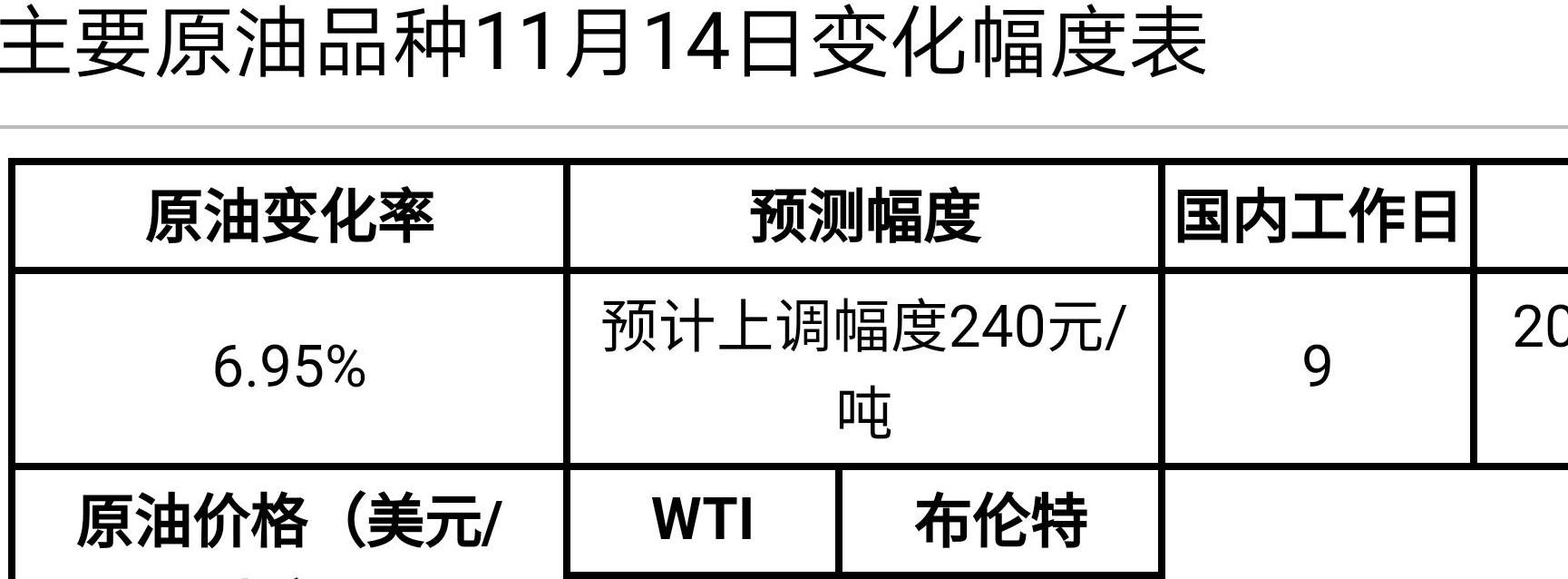lose过去式,失去了什么?回忆起失去的那段过去
如果您想成为一名lose过去式方面的专家,那么这篇文章一定会带给您很多有价值的知识和思路,为有需要的朋友提供参考和建议。
本文目录一览- What is the past tense of "lose"?
- How do you conjugate "lose" in the past tense?
- Can you give me the past participle form of "lose"?
- What is the past form of the verb "lose"?
What is the past tense of "lose"?

The past tense of "lose" is "lost."
When it comes to verb conjugation, English can be quite tricky. In the case of "lose," the past tense form is formed by adding the suffix "-t" to the base form. This is a common pattern for regular verbs in English, where "-ed" is added to the base form to indicate the past tense. However, "lose" is an irregular verb, and its past tense form deviates from this pattern.
The irregularity of "lose" in its past tense form is not uncommon in English. In fact, there are many irregular verbs that do not follow the regular "-ed" pattern. Some other ex**ples include "go" (went), "eat" (ate), and "bring" (brought). These irregularities can make learning English verb conjugation a bit challenging, but they add depth and diversity to the language.
It's worth noting that irregular verbs are not just limited to the past tense. They can also have irregular forms in the present tense, future tense, and other verb forms. Therefore, it's important to f**iliarize yourself with irregular verbs to communicate effectively in English.
In conclusion, the past tense of "lose" is "lost." Remembering irregular verb forms can be a bit tricky, but with practice and e**osure to the language, you'll become more comfortable with them.
How do you conjugate "lose" in the past tense?
To conjugate "lose" in the past tense, you would use the ****** past form "lost." Now, let's delve into some related k***ledge to better understand the topic.
When we conjugate verbs in English, we often change their form to indicate different tenses, such as the past tense. In regular verbs, the past tense is usually formed by adding "-ed" to the base form of the verb. However, "lose" is an irregular verb, meaning it does not follow this pattern. Instead, it undergoes a change in its spelling.
In the case of "lose," the base form remains the s**e, but the past tense form is "lost." This change in spelling is unique to this verb and must be memorized separately. For ex**ple, "I lose my keys" in the present tense becomes "I lost my keys" in the past tense.
It's important to note that irregular verbs like "lose" have their own specific conjugation patterns, and they do not follow the regular "-ed" rule. Some other ex**ples of irregular verbs in the past tense include "go" (went), "eat" (ate), and "drink" (drank).
Understanding irregular verb conjugations is crucial for effective communication in English. By learning these patterns, you can confidently e**ress actions that occurred in the past. So, remember that "lose" conjugates to "lost" in the past tense, and keep practicing to improve your language skills.
Can you give me the past participle form of "lose"?
The past participle form of "lose" is "lost".
When it comes to verb forms, English can be quite tricky. The past participle form is used to indicate a completed action or a state resulting from a previous action. In the case of "lose", the past participle form is "lost".
Now, let's delve into some related k***ledge about verb forms. The past participle form is commonly used in various gr**matical constructions, such as the present perfect tense, past perfect tense, and passive voice. For ex**ple, we can say "I have lost my keys" (present perfect), "She had lost her wallet before she found it" (past perfect), or "The g**e was lost by our te**" (passive voice).
It's important to note that irregular verbs, like "lose", often have different past tense and past participle forms. For instance, the past tense of "lose" is "lost", while the past tense of regular verbs is usually formed by adding "-ed" to the base form. Irregular verbs can be a bit challenging, but with practice, you'll become more f**iliar with their forms.
In conclusion, the past participle form of "lose" is "lost". Understanding verb forms is essential for accurate communication in English, so keep practicing and e**anding your k***ledge of irregular verbs.
What is the past form of the verb "lose"?
过去式是动词的一种时态形式,用于表示过去发生或完成的动作或状态。对于动词“lose”,其过去式形式是“lost”。
了解动词的过去式形式对于正确使用英语语法至关重要。以下是一些与动词过去式相关的知识扩展:
1. 动词的过去式通常通过在动词原形后加上-ed来构成。比如说,动词“play”的过去式是“played”,动词“walk”的过去式是“walked”。有一些动词的过去式形式是不规则的,如“lose”变为“lost”。
2. 动词的过去式可以用来描述过去发生的动作或状态。比如说,“I lost my keys yesterday”(我昨天丢了我的钥匙)中的“lost”表示过去发生的丢失动作。
3. 动词的过去式也可以用来表示过去的*惯或经常性动作。比如说,“When I was a child, I always lost my homework”(当我还是个孩子的时候,我总是丢我的作业)中的“lost”表示过去经常发生的丢失动作。
4. 在英语中,过去式也可以用于虚拟语气中,用来表示与现实相反的情况。比如说,“If I had stu***d harder, I wouldn't have lost the g**e”(如果我学得更努力,我就不会输掉比赛)中的“lost”表示虚拟的失败动作。
动词“lose”的过去式是“lost”。了解动词的过去式形式和用法有助于我们更准确地表达过去发生的动作或状态。
感谢您的支持和关注,如果您觉得本文对您有所帮助,请不要忘记将本站收藏,我们会继续努力为您提供更多的lose过去式相关知识和经验。
- 标签:




